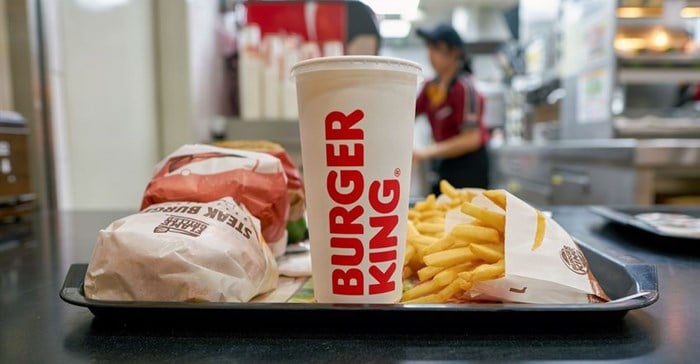
Top stories



Marketing & MediaWarner Bros. was “nice to have” but not at any price, says Netflix
Karabo Ledwaba 1 day


Logistics & TransportMaersk reroutes sailings around Africa amid Red Sea constraints
Louise Rasmussen 17 hours

More news


















However, FNB data indicates that the sector is showing signs of recovery ahead of the festive season, especially in quick service restaurants, says Henk Botha, industry specialist: restaurants at FNB Franchising, stating that early data by FNB shows that the quick service restaurants sector has recovered better than expected but performance was slightly impacted by the July unrests in Gauteng and Kwazulu-Natal.
Botha says, although both Restaurants and Coffee Shops & Take Away reflect improvement of over 200% between March – May 2021, it is expected as hard lockdown impacted trading by 50% of the trading period in 2020. However, the recovery rate of the restaurants and coffee shops between March – May 2021 show a recovery rate of 88%.
Despite the restaurant industry being one of the hardest-hit industries due to Covid-19, the sector has been resilient even though there is still uncertainty about the effect that the coronavirus pandemic will continue to have on society due to new coronavirus variants and lockdown regulations.
Moreover, notwithstanding the strong recovery, the industry still faces some challenges due to infection rates driving Covid-19 restrictions, consumer apprehension regarding eating out and poor economic conditions.
The franchising sector business model and its ability to innovate and adapt with the times has proven over the years to be effective, with the sector contributing 13.9% in the country’s GDP in 2019.
Botha says the quick service restaurants concept have shown to have recovered well with freestanding drive through’s having recovered fully and exceeding pre-Covid levels in some areas.
The ability of being agile and innovative has proven to enable outlets to trade and be less impacted by lockdown levels and restrictions. The introduction of a drive-through by some restaurants that previously didn’t have drive through’s, delivery and online ordering platforms has shown to have brought in good return on investment and minimised lost revenue.
In conclusion, Botha says the outlook for the restaurant and fast-food outlets’ existence depends on their ability to boost revenue by being price sensitive, creating a safe trading environment, creating different peak trading times and investing in take away and delivery, online ordering and creating a drive-through platform.